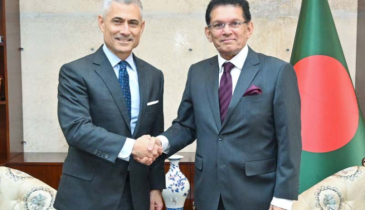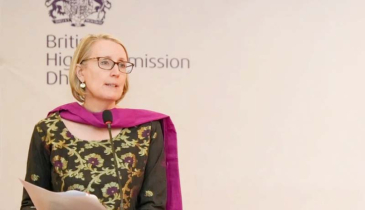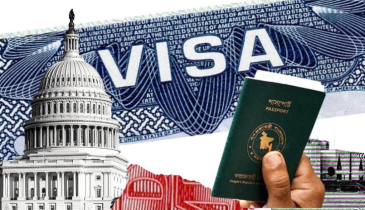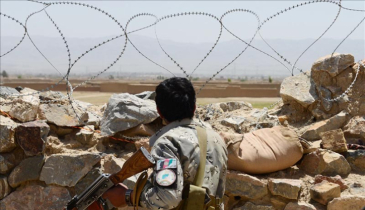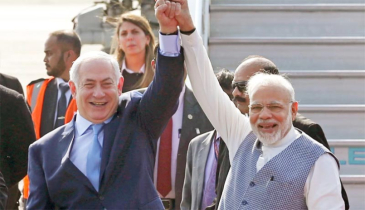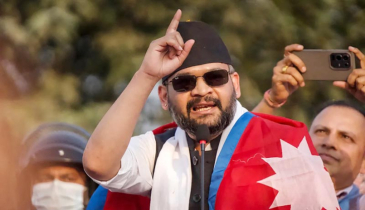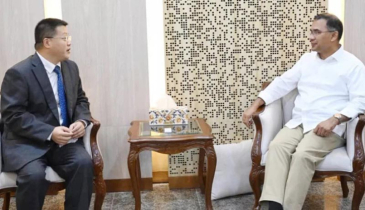Bilateral talks with Myanmar unlikely to resolve Rohingya crisis
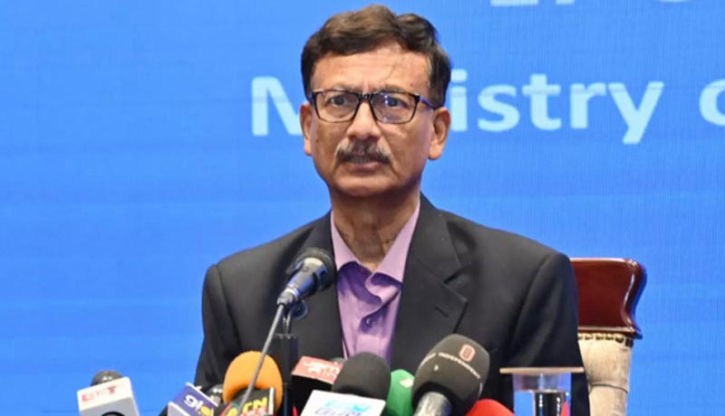
Bangladesh's Foreign Affairs Adviser Md Touhid Hossain has expressed skepticism over the effectiveness of bilateral discussions with Myanmar in resolving the protracted Rohingya crisis.
Speaking at a seminar hosted by the Bangladesh University of Professionals (BUP) in Dhaka on May 4, he stated that such negotiations are unlikely to produce meaningful results.
According to media reports, Hossain emphasized that Rohingya refugees will not voluntarily return to Myanmar unless their rights and security are fully guaranteed. “They need to go back to their homeland, but not under coercion. Repatriation can only happen once their safety is assured,” he said.
He challenged the idea of repatriation under current conditions, asking, “Should we send them back to the very place where they faced persecution?”
Hossain stressed the need for a fundamental, internationally recognized transformation within Myanmar, describing it as a complex and long-term process that would require collective global unity. “Real change is essential, and this won’t be possible without a unified approach,” he added.
He also highlighted the importance of developing a clear roadmap for the return of the Rohingya population, noting that the current situation—marked by Myanmar's internal conflict and lack of safety assurances—makes the prospects for repatriation bleak.
The adviser elaborated on the fragmented political landscape in Myanmar, pointing to the military junta, the Arakan Army, and the National Unity Government (NUG) as major power players. He underscored that any durable solution to the Rohingya crisis must involve all these stakeholders, particularly the Arakan Army, which now holds significant control over large portions of Rakhine State.
.png)


